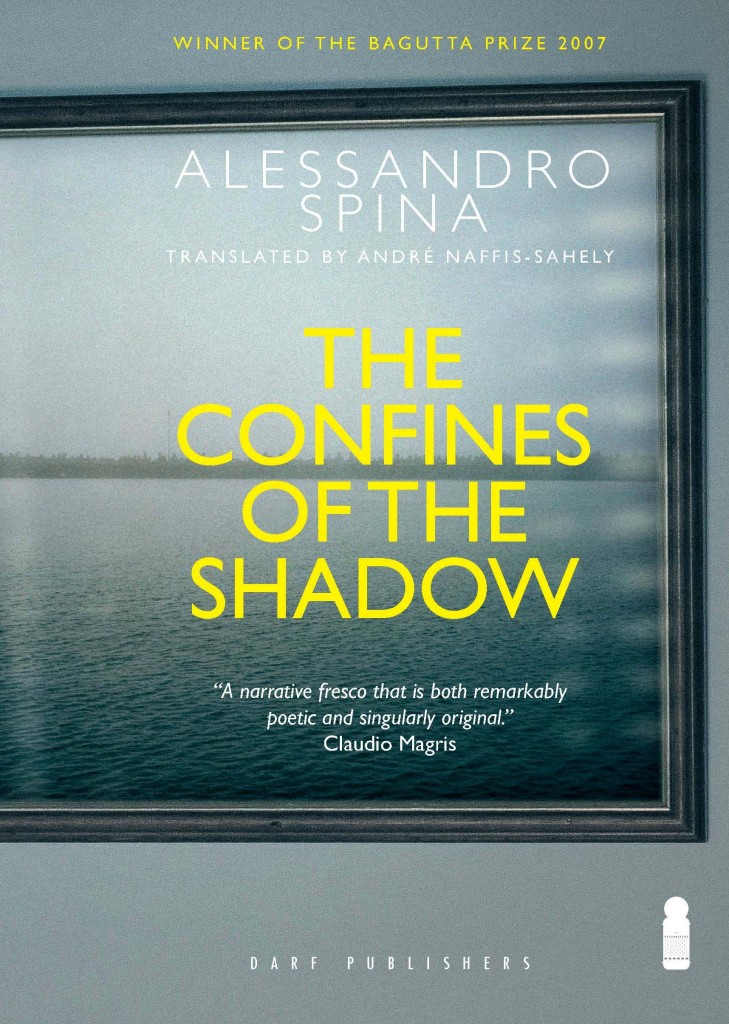A Libyan novel you should read
Alessandro Spina was a Syrian Maronite who grew up in Ben Ghazi, was educated and wrote in Italian, and over the course of 40 years penned an extraordinary cycle of novels about the bloody establishment, brief flourishing and troubled aftermath of the Italian colony in Libya. I had the pleasure of writing about his work in the latest issue of The Nation.
Benghazi in 1938, under Italian rule (image from Wikipedia)
Spina belonged to a set of privileged, wandering, mercantile minorities whose identities could not be reduced to nationalities, and who have been all but swept out of the Middle East by xenophobia, conflict, and ethnic cleansing. Spina aspired to cosmopolitanism but inverted its usual polarities: He liked to shock his Italian friends by telling them that he had “un-provincialized” himself by moving from Milan to Benghazi. His influences and references range from Proust to The Thousand and One Nights to the fifth-century Greek philosopher and bishop Synesius of Cyrene. But for all his cosmopolitanism, Spina was not interested in universalism. What he valued, above all, was being unique. He was a Catholic moved by the daily presence of the divine in traditional Muslim society; a successful industrialist who viewed modernization with skepticism and melancholy; a critic of colonialism who was also dismissive of superficial tiers-mondisme; and a scathing critic of the silence of all Italian political factions regarding the country’s colonial crimes. The nom de plume he adopted—spina means “thorn”—suited him perfectly: The Italian he wrote in is exquisite but prickly. His sentences are thickets, dense and erudite, demanding to be reread. But his sharp, poetic images lodge instantly in one’s memory. “The cold hand of that old man an unbreakable dam” is how he describes the severe and orthodox teacher who curbs the young Sheikh Hassan’s flowing curiosity in The Nocturnal Visitor. Spina abhorred shortcuts and banality—journalists, whom he viewed as purveyors of the commonplace, were his bêtes noires. And he didn’t think of difference as something to be dismissed or overcome. “Nothing is more fruitful and more vital than the irreconcilable,” he wrote.
A translation of the first three novels that make up Spina's magnum opus The Confines of the Shadow, by poet André Naffis-Sahely, is out from Darf Publishers. Hopefully there is more to come.


